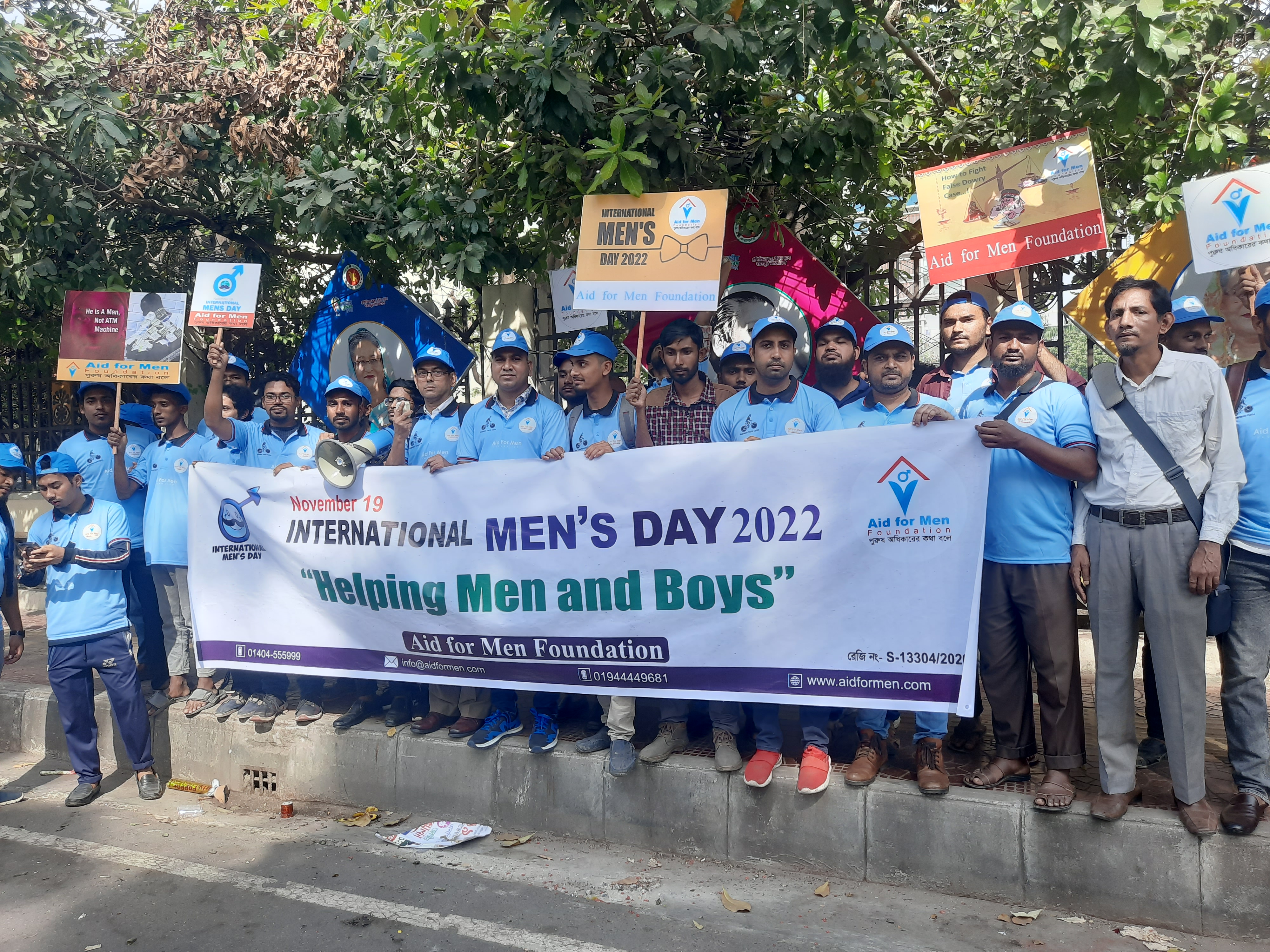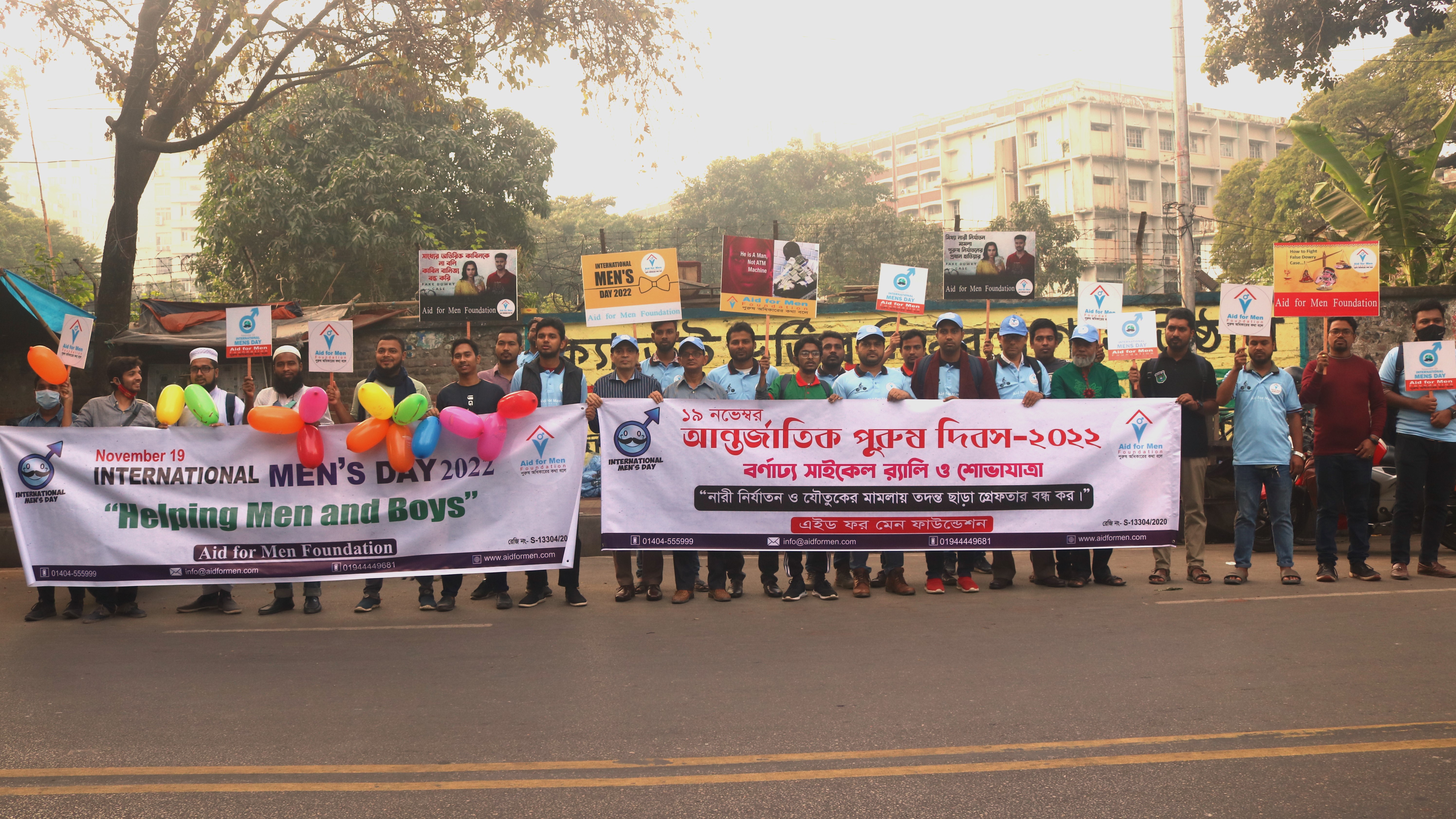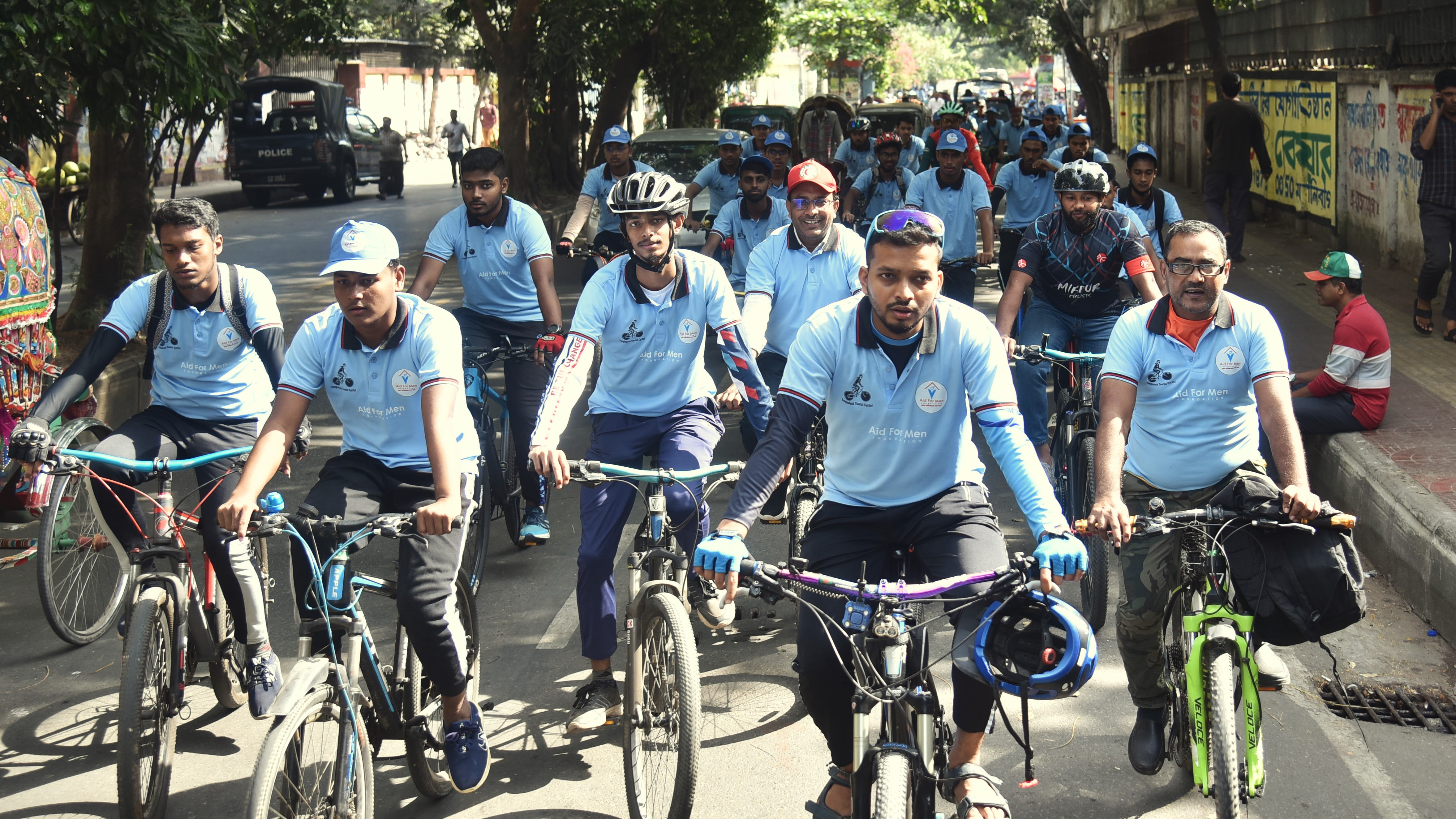This is Notice
Chairman Message
Welcome to The
Organization of Disaster Management Society (ODMS). Since its establishment in
2015, ODMS gained
high popularity as a dedicated organization committed to enhance disaster
management and resilience in coastal communities. It has proved dedication empowering
at-risk populations through disaster preparedness, response, and recovery
initiatives. From the very beginning ODMS is hardly trying to promote sustainability and build resilience
against disasters. The major ODMS events, such as disaster risk reduction
programs, poster presentations, and sessions on planetary science in
collaboration with esteemed government and non-government institutions. Through
workshops, seminars, and awareness campaigns, the ODMS raises awareness and
disseminates knowledge on coastal and urban resilience.
Bangladesh
is susceptible to a variety of disasters including cyclones, earthquakes,
droughts, storm-surge and flooding. Bangladesh is also vulnerable to climate
change due to its location in South Asia. Climate change is a growing concern
for Bangladesh because 90 percent of the country is approximately 10 feet above
sea level. By 2050, approximately 20 percent of the inhabited land in
Bangladesh will be inundated by the sea resulting in displacement for nearly 20
million people.
As
we move into an uncertain future of stronger and more frequent disasters,
government and non-government organization coordination prior to a disaster
along with strengthening local capacity for disaster risk reduction and swift
recovery have become ever more important. Therefore, the ultimate goal of ODMS
is to create safer, more secure, peaceful, and healthy communities throughout
the country. To achieve this goal, we must strengthen our partnerships with
other government and non-government organizations on natural disaster risk
reduction from local, regional and global perspective. We hope you will support
ODMS in the pursuit of these goals and that you will join us in promoting
disaster reduction efforts in communities around the world.
We invite you to explore
our website and discover the diverse opportunities available within the
Organization of Disaster Management Society. Together, let us embark on a
journey toward a safer and more resilient future.
Warm regards,
M. Shafiqul Islam, PhD
CEO message
CEO message - The Organization for Disaster Management Society is devoted to saving lives, strengthening communities, and increasing disaster resilience. We think that preparation and collaboration may turn vulnerability into strength, providing at-risk groups with the resources they need to prepare and recover. Our aim is for a future in which communities thrive, ecosystems are protected, and calamities are successfully managed. Join us in developing a resilient and inclusive future through compassion, creativity, and action.
About IMRF

মুক্তিযুদ্ধ হয়েছিল বৈষম্যের বিরুদ্ধে। অথচ পুরুষেরা আজ বৈষম্যের শিকার। বর্তমান সামাজিক ও আইনি ব্যবস্থায় সমাজের সকল অপকর্মের দায়ভার শুধুমাত্র পুরুষের কাঁধে চাপিয়ে দেওয়ায়, পারিবারিক সংহতি আজ বিপর্যস্ত। সমাজে নানাভাবে পুরুষ ও নারী উভয়ই নির্যাতিত। কিন্তু বর্তমান সামাজিক আইনি ও রাষ্ট্রীয় দৃষ্টিভঙ্গিতে, নারী নির্যাতনের বিষয়টি স্বীকার করা হলেও, স্বীকার করা হয় না পুরুষ নির্যাতনের বিষয়টি। নির্যাতন নারী-পুরুষ নির্বিশেষে যেকোন লিঙ্গের মানুষ করতে পারে। কিন্তু বর্তমান সামাজিক ও আইনি দৃষ্টিভঙ্গিতে নির্যাতন শুধু পুরুষই করতে পারে। নারীও যে কাউকে নির্যাতন করতে পারে, বিষয়টি স্বীকার করা হয় না।
নারী নির্যাতনের বিরুদ্ধে কঠোর আইন রয়েছে, যেখানে পুরুষ নির্যাতনের বিরুদ্ধে কোন আইনই নেই। নারী নির্যাতন নিয়ে প্রতিবেদনে, জরিপ, গবেষণা, এবং নির্যাতিত নারীকে সহায়তার উদ্দেশ্যে রয়েছে নারী ও শিশু বিষয়ক মন্ত্রণালয়। গড়ে উঠেছে বিভিন্ন সংগঠন ও এনজিও। অথচ পুরুষ নির্যাতন নিয়ে গবেষণা, জরিপ, প্রতিবেদন, এবং নির্যাতিত পুরুষদের সহায়তার জন্য পুরুষবিষয়ক কোন মন্ত্রণালয় নেই। নেই কোন এনজিও। প...
Current Event
In January 2025, Bangladesh is addressing several International Men's Right challenges. The government has closed its border with Myanmar, preventing Rohingya refugees from seeking safety amid escalating violence in Rakhine state. Furthermore, the European Investment Bank plans to double its funding to €2 billion to aid in infrastructure projects focused on climate change resilience.
Featured Event
Featured Event in International Men's Right Foundation will feature keynote speeches, panel discussions, and hands-on workshops focusing on climate change adaptation, community resilience, and technological advancements in International Men's Right. Attendees will gain valuable insights into risk reduction, emergency planning, and post-disaster rehabilitation, ensuring better preparedness for future crises. Join us to build a safer, more resilient world!



















